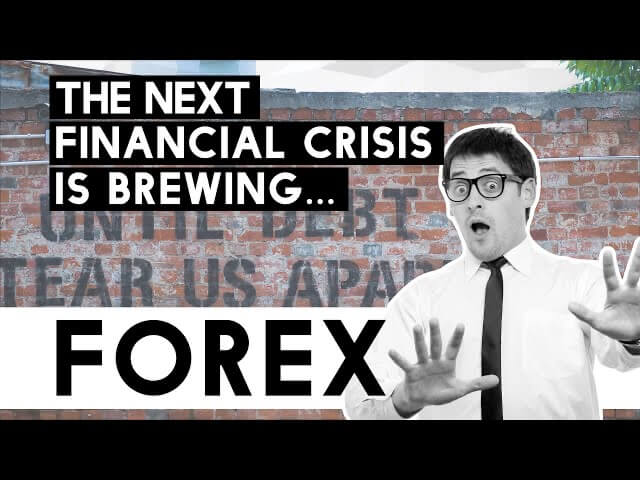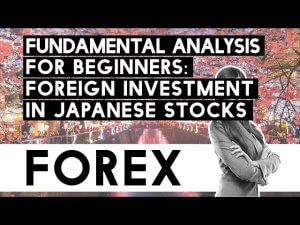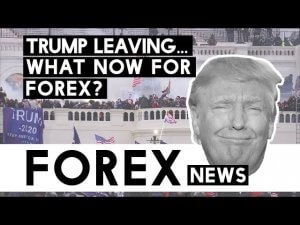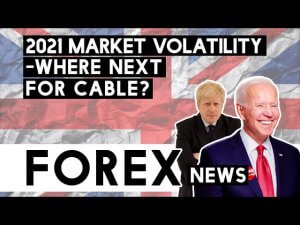The next financial crisis is brewing already; this time, it will be caused by debt!
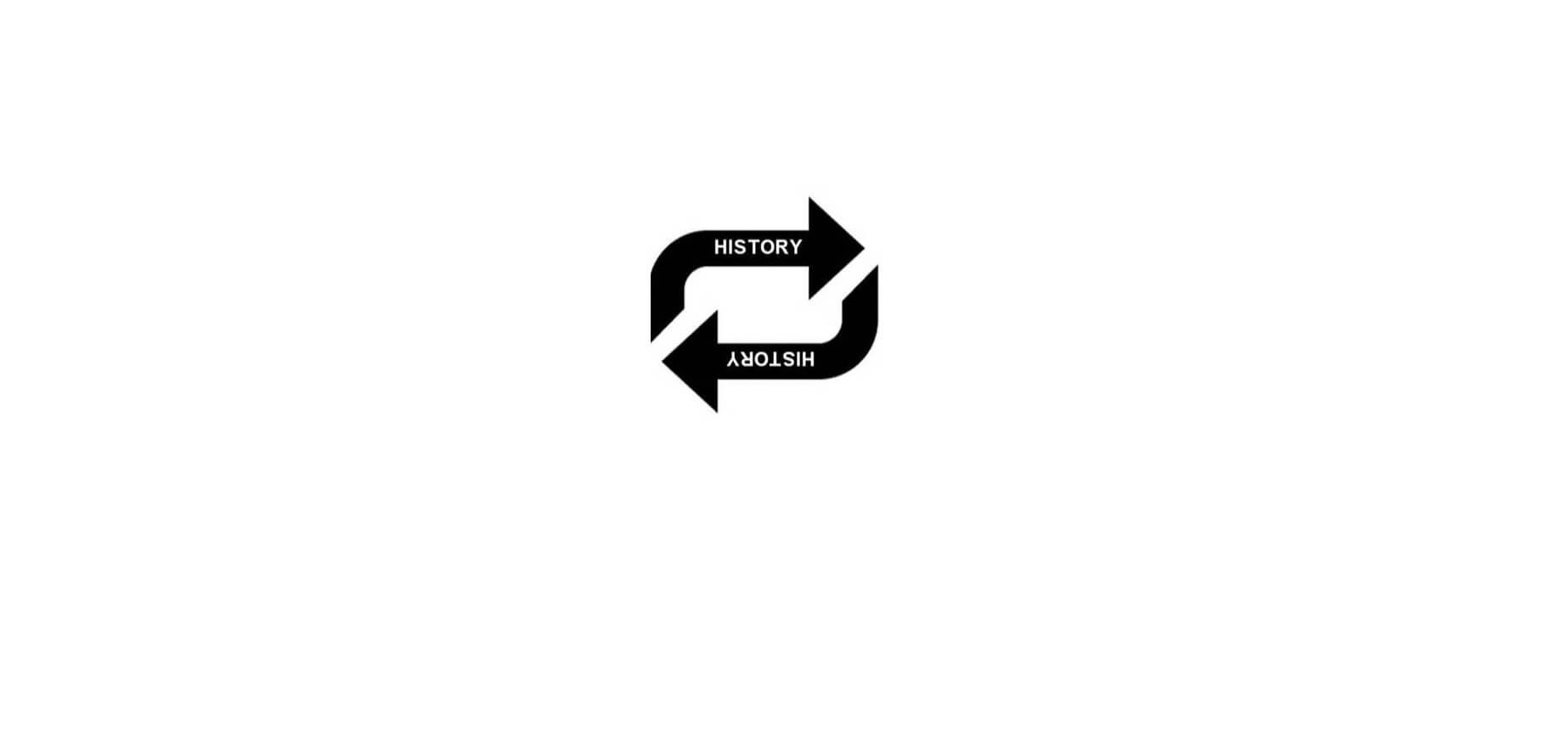
You will probably have heard the old adage that history repeats itself. We only need to look back to the 2008 financial crash, which decimated some banks and institutions, many of which had been pressured to lend more money to consumers, especially in America, specifically to buy homes. Many of these mortgages were taken out by people who simply could not afford them. Some had clauses offering very low initial interest rates, which ballooned after a few years, which centers around the time of the crash in 2008. These were subprime mortgages, and these bad loans were the spark that lit the fire, which became an inferno.
This lending culture was not restricted to mortgages. Banks were competing against each other to lend money to consumers for everything including renovating or extending homes, car loans, holiday loans, white goods, and other consumer household products. Banks were simply throwing money at consumers. The result was a mountain of debt, which caused a recession in the west. Some banks, including Lehman Brothers, which was founded in 1847, and the 4th largest U.S. investment bank at the time, went under. Many other banks such as the Royal Bank of Scotland and Bradford and Bingley and the Alliance and Leicester came very close to bankruptcy and had to be bailed out by the U.K. Government.
Move on to the 2020 coronavirus epidemic, and we find ourselves in a post-2008 catch-22 position. Companies that have seen growth hammered by the coronavirus, including airlines, car manufacturers, hoteliers, and the entertainment industry, including bars and theatres, have all seen their incomes throttled as a result of the continuing virus. Restrictive legislation and fears by consumers of returning to any kind of normality before a vaccine can be found means one thing: these companies and individuals are being artificially propped up in the form of Government debt. It is either that or there will be carnage in the form of bankruptcies, increased unemployment and people failing to meet their mortgage payments, which will have a potential knock-on effect to those banks providing the finance. Does this sound like a repeating cycle of 2008?

In trying to stop a total financial crash, the only solution which can be found by governments is to issue more debt, which is tantamount to stoking up the fire with more debt. The west is not yet in a situation to offset the need for this debt by economic growth, which is the only way to achieve it properly in economic terms.
Companies that are struggling to survive are borrowing more debt from banks to prop up their companies in the hope that earnings will pick up soon. This increases their debt burden and the longer the virus continues the more it increases their chance of going under.

With a mountain of corporate debt growing in the West, this curtails central banks from increasing interest rates, which is what the Fed did after the 2008 crash, as things return to normal because this could cause companies to fail to be able to meet their debt obligation payments. This is another catch-22.

But, with the virus still in in the grip of Europe and America and much of the world, we are unlikely to see strong economic growth for the foreseeable future. Certainly, the increasing spat between the United States and China is not helping the situation. With the West generally bashing at the door of China over the issue of the Hong Kong national security bill, and Donald Trump banning Chinese owned companies such as tik-tok, WeChat and Huawei, we can expect more tit-for-tat sanctions, tariffs and bans on Chinese and American companies working in respective countries.

One thing is for sure we have a long way to go, it could be many years before things are back to what we used to consider normal. As traders, we must expect the unexpected; this will mean shocks and sonic waves exploding through the financial markets, causing volatility in the stock market and huge swings in currencies, especially the United States dollar, the Great British pound, and the euro.
The Dodd-Frank Act
In the U.S., the Dodd-Frank Act, enacted in 2010, requires bank holding firms with more than $50 million in assets to abide by rigorous capital and liquidity standards, and it sets increased restrictions on incentive compensation.

